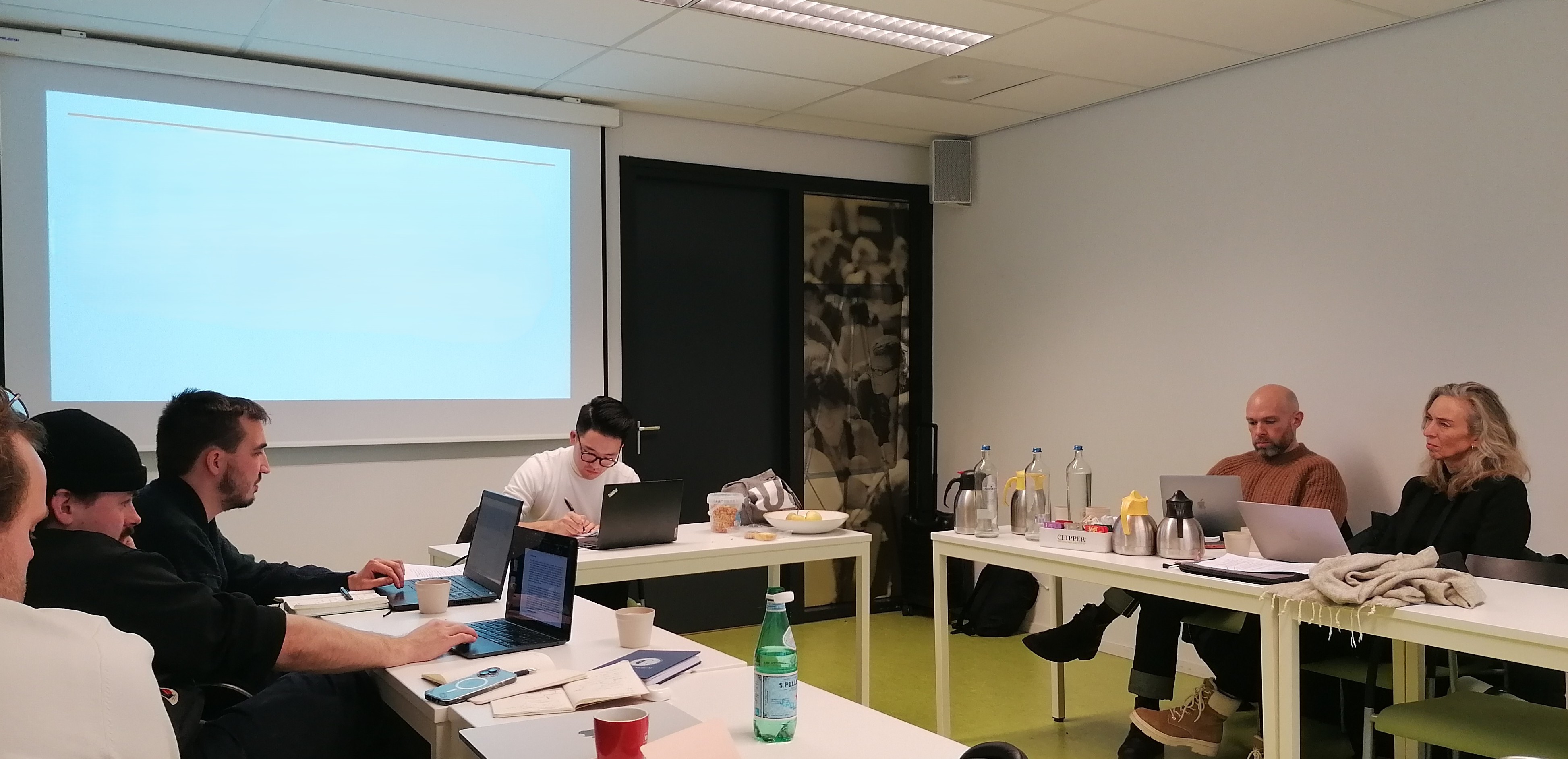With De Morgen, Robin Vanderborght and Laszlo Steinwärder discussed Palantir's recent $10 billion deal with the US Army. Notably, this deal introduces a novel type of agreement intended to facilitate more flexible and short-term software acquisitions for the Pentagon, thereby serving as a door opener for deeper entanglements between the commercial tech sector and the US military. At the same time, the deal is yet another indication of Palantir's growing centrality in the US military's digital architecture. This is problematic, as Vanderborght points out, not only because of the black-box nature of Palantir's technology, but also because the company is ideologically driven, pursuing a political agenda alongside its economic project.
In his interview with De Tijd, Vanderborght adopts a similar stance,describing how the company's representatives consistently construct a narrative of Western superiority, the inevitability of war with China, and the central role that AI will play in this context, thereby maintaining Western “dominance.” This self-serving depiction is becoming increasingly prominent in both the US and Europe.
Quite a different topic is tackled in Marijn Hoijtink's interview with Radio1. On the morning show, she discusses the growing importance of military research and funding at Flemish universities with host Lode Roels, offering a critical view of some of the ethical and political risks involved, including implications for open and independent academic research.




